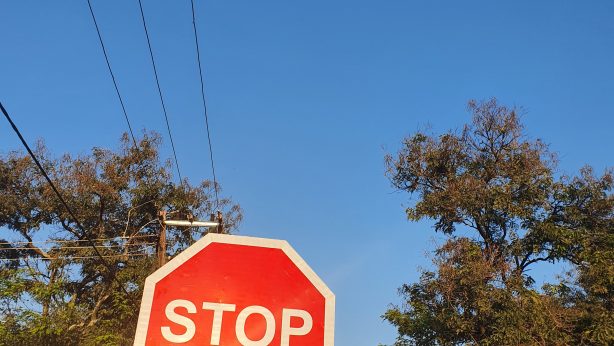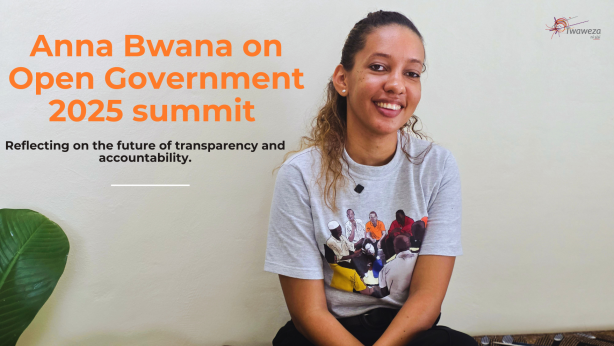Safeguarding the Right to Speak Truth to Power Amidst Kenya’s SLAPPs
Imagine being a journalist who uncovers a corruption scandal involving high-ranking officials. You publish the story, hoping to inform the public and hold those in power accountable. But instead of praise for your investigative work, you find yourself slapped with a lawsuit, facing the prospect of financial ruin and years tied up in court battles.
This is a reality for many Kenyan journalists, activists, and citizens who dare to speak out against injustice and wrongdoing. They frequently find themselves on the receiving end of Strategic Lawsuits Against Public Participation, or SLAPPs — these are legal actions strategically employed to suppress free speech and intimidate individuals or organisations from engaging in public discourse or activism. SLAPPs cast such a huge shadow it is imperative that coordinated action be taken to protect democratic norms.
As we mark World Press Freedom Day, we must confront this growing threat to our democratic values. A recent report by Mzalendo Trust, a parliamentary monitoring group, exposes the alarming prevalence of SLAPPs in Kenya. From investigative reporters unearthing corruption scandals to grassroots organisers advocating for social justice, no voice seems immune from the threat of legal harassment. The findings from the report “The Effect of Strategic Lawsuits Against Public Participation (SLAPP) on Freedom of Expression and Citizen Participation in Public Dialogues in Kenya” are a wake-up call for anyone who values free speech, free press, and accountability.
SLAPPs are the weapon of choice for those who fear the truth. The report reveals that influential individuals and organisations routinely use SLAPPs to shield themselves from scrutiny. They file defamation suits with sky-high damages claims, not to seek justice but to bully their critics into submission. Journalists, activists, and ordinary citizens face the prospect of lengthy and costly legal battles simply for exercising their right to speak truth to power. The report found that while 55% of respondents said litigants filed these cases to hide abuse of public office, 65% of respondents thought these lawsuits were meant to silence anyone who exposed misconduct.
What is even more disturbing is how these lawsuits disproportionately target women. Threats of sexual assault and smear efforts aimed at silencing female journalists and activists provide an additional layer of harassment for these individuals. When SLAPPs target women from low-income origins, marginalised racial and ethnic groups, or other marginalized identities, the discrimination and harassment they experience become more severe. It is a deplorable strategy that feeds into the culture of fear and takes advantage of gender disparities. SLAPPs have far-reaching effects that go well beyond the people who are the targets. They stifle free expression, which prompts self-censorship and limits the scope of public conversation. When those with courage hesitate to voice their opinions, corruption flourishes, and power abuse continues unchallenged.
Even though they are meant to safeguard free speech, our current legal framework provides little defence against what is essentially legal bullying. Defamation cases can drag on for years, draining defendants’ resources and energy. Even if they eventually win, the damage is done. The message is clear: challenge the powerful, and you’ll pay the price. The SLAPP cases cited in the report provide thorough and illuminating illustrations of the lengths to which individuals in positions of authority would go. In their effort to keep things as they are, they don’t spare any detail. Even well-known journalists and influential bloggers are not immune to this all-consuming monster’s grasp.
But there is hope. Governments throughout the world are realizing the danger posed by SLAPPs and acting accordingly. Anti-SLAPP legislation is being proposed to punish those who take advantage of the legal system and to offer protections against baseless litigation. These changes aim to preserve the rights of people who speak truth to power and to level the playing field. Kenya needs to do the same. We need comprehensive legal reforms to prevent the weaponization of defamation laws against journalists and activists. Victims of SLAPPs deserve access to legal aid, financial support, and emotional care to help them weather the storm of legal harassment.
But legal reforms alone are not enough. We need a cultural shift that values and defends freedom of expression. It will require the bravery, tenacity, and solidarity of all those who recognize the fundamental value of a free press and each person’s unalienable right to express their opinions without fear. We can increase awareness and promote compassion by using powerful narratives, victim testimonies, and knowledgeable analysis. Public awareness campaigns can educate citizens about the dangers of SLAPPs and mobilize support for those targeted. Building solidarity networks can empower communities to stand up against legal bullying and resist intimidation.
On this World Press Freedom Day, let us reaffirm our dedication to defending the rights of people who speak out against injustice. We must not allow the voices of the brave to be silenced by the wealthy and well-connected. It’s time to say enough is enough. It’s time to stand up to the bullies and defend our democratic values. It’s time to protect the journalists, activists, and citizens who dare to hold the powerful to account. In a genuinely free and fair society, no one should fear legal retaliation for exercising their right to speak out. Let us work together to create a Kenya where the truth can be told without fear and the powerful are held accountable for their actions.
This article was written by Filbert Mbugua – A Consultant Youth Researcher at Twaweza Kenya and can be contacted via consultantfm@twaweza.org


